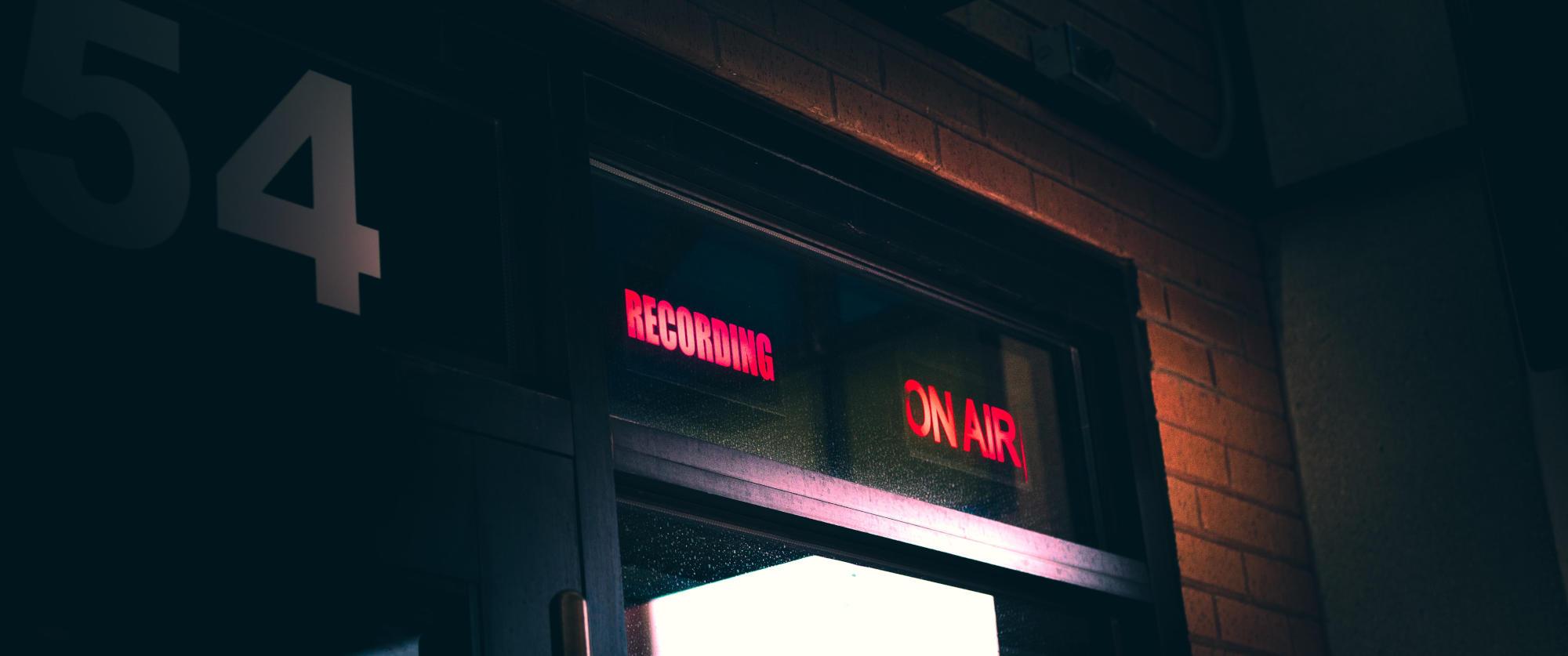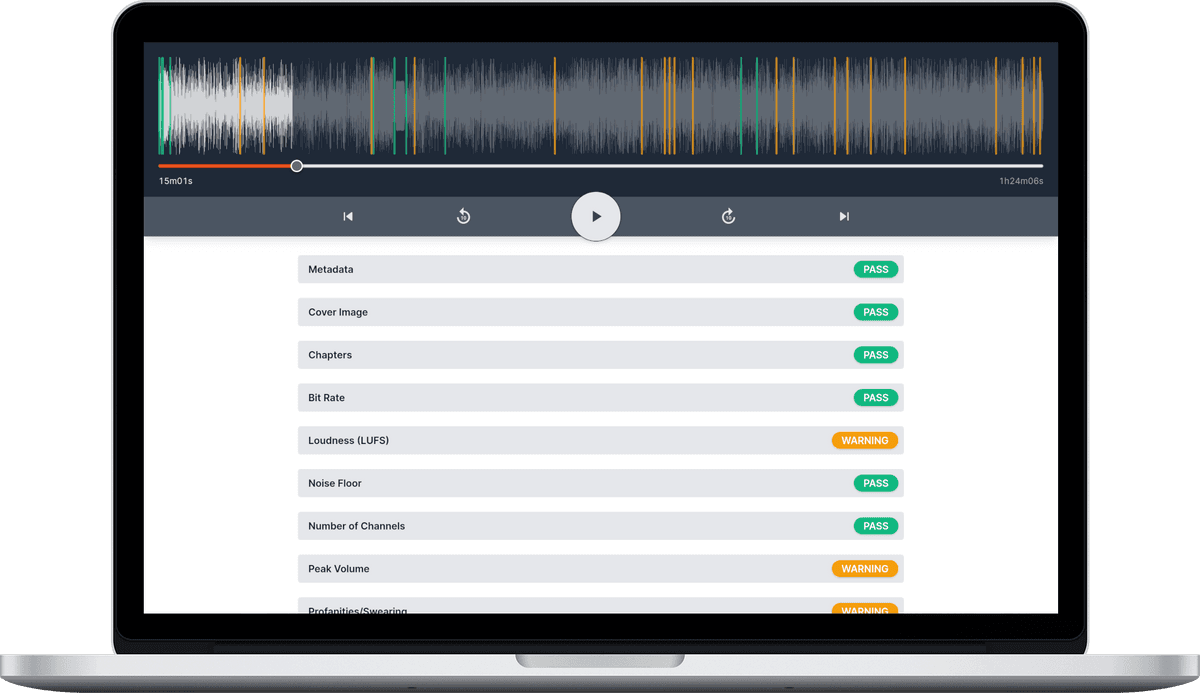10 Tips for Conducting Great Podcast Interviews
![]() Damian Moore, Last updated: 14 November 2024
Damian Moore, Last updated: 14 November 2024
Interviews are a crucial aspect of podcasting. They offer the opportunity for hosts to engage with others, delve deeper into a topic, and provide valuable insights to their listeners. If your show doesn’t usually consist of interviews then having a guest on from time to time can add legitimacy and introduce more engaging knowledge and opinions.
However, conducting a great podcast interview can be challenging. From dealing with technical issues to keeping the conversation flowing, there are many factors to consider. Like most skills it can take a while to master. Use the following points to help structure your practice and you should soon start seeing improvements.
Here are ten tips to help you on your road to conducting better podcast interviews:
Research Your Guest
Before the interview, take some time to research your guest and their existing audience. This will not only give you an understanding of their background and expertise, but it will also help you develop questions that will lead to a more engaging conversation.
Look at their website and social media profiles, read any articles or books they have written, and listen to previous interviews they have done. Are there any questions that weren’t answered in previous interviews? — if so then you can use these for yourself.
Prepare Your Questions
Based on your research, prepare a list of questions to ask your guest. These questions should be open-ended, thought-provoking, and tailored to your guest’s expertise. You want them to feel like they have the opportunity to explain in detail and elaborate on points.
Be sure to keep your questions organised and easy to follow — you won’t want to spend time reading as it will break the conversation. Short bullet points are probably a good call. You might want to send a rough outline to your guests via email to help them prepare.
Make Sure the Technical Aspects Are Sorted
Your guest may not be experienced in podcasting, or at least the technicalities of audio. If you are recording remotely make sure they have a decent microphone to sound professional. Allow for extra time at the start to sort out any sound issues. Make sure you are familiar with whatever software you are going to record with. Some tools record at each end for better quality but need a period of time after the recording has ended to clean up and upload — get a friend to do a test run with you. It may also be beneficial to record video at the same time to help with marketing and social media sharing.
Planning in advance as much as possible will help ensure your guest is comfortable and the rest is something that people actually want to listen to.
Start With Softball Questions
Starting with softball questions can help break the ice and create a relaxed atmosphere. This will help put your guest at ease and make them more willing to open up during the interview. Ask about their background, how they got into their field, or any recent accomplishments. There will always be listeners who haven’t heard of your guest so this helps them get up to speed.
Listen to Your Guest
Listening is a crucial part of conducting a great podcast interview. When your guest is speaking, give them your full attention and take in their information. This means avoiding interruptions, taking notes, and responding appropriately.
Listening also allows you to ask follow-up questions that build on what your guest has already said. You may understand a technical term that your guest uses but some of your listeners might not so it helps to ask on behalf of the listener.
Keep the Conversation Flowing
Keeping the conversation flowing can be challenging, especially if your guest is hesitant or not very talkative. If this is the case, try to ask more open-ended questions that encourage them to elaborate on their answers. People love to be asked for advice so keep some of these questions in your back pocket. Use transitions to move from one topic to the next smoothly.
Don’t Be Afraid to Ask Tough Questions
While starting with softball questions is a good idea, don’t be afraid to ask tough questions if they are necessary. This could involve asking about a controversial topic or a failure. However, be sure to ask these questions respectfully and without aggression.
We all make mistakes or have to overcome obstacles — people like to hear about the tough times to learn to take different approaches and gain better empathy for the guest.
Use Humour
Humour can be a great way to build rapport and create a relaxed atmosphere. It can also make the interview more enjoyable for your listeners. However, use humour judiciously and make sure it is appropriate for the situation.
Ideas for inserting humour:
- Introduce a buzzer/siren whenever a guest uses a technical term (buzzword) in passing
- Make the interview into a game and collect points for each person for when they mention certain words
- Have a defined quiz section where you ask the guest questions from their own book
- If you have a co-host, perform a quiz on them and then get the guest to provide the correct answers
- Read out questions from listeners (either from chat rooms or ones sent in ahead of schedule)
Use Active Listening Techniques
Active listening techniques can help you get the most out of your interview. This includes techniques such as paraphrasing, summarising, and clarifying. By using these techniques, you can ensure that you understand your guest’s perspective and that your listeners do too.
Have Backup Questions
Even with the best preparation, interviews can take unexpected turns. Have a few backup questions ready in case the conversation stalls or you need to change the direction of the interview.
Be Yourself
Finally, be yourself. Authenticity is crucial in podcasting and your listeners want to hear your unique perspective. Don’t try to be someone you’re not and don’t be afraid to share your own experiences or opinions. It can be a good exercise to analyse what other interviewers are doing but make your interview style your own.
Conducting great podcast interviews requires preparation, listening skills, and the ability to keep the conversation flowing. By following these ten tips, you can create engaging and informative interviews that will keep your listeners coming back for more.

Photo credits: Headway, Anthony Torres

